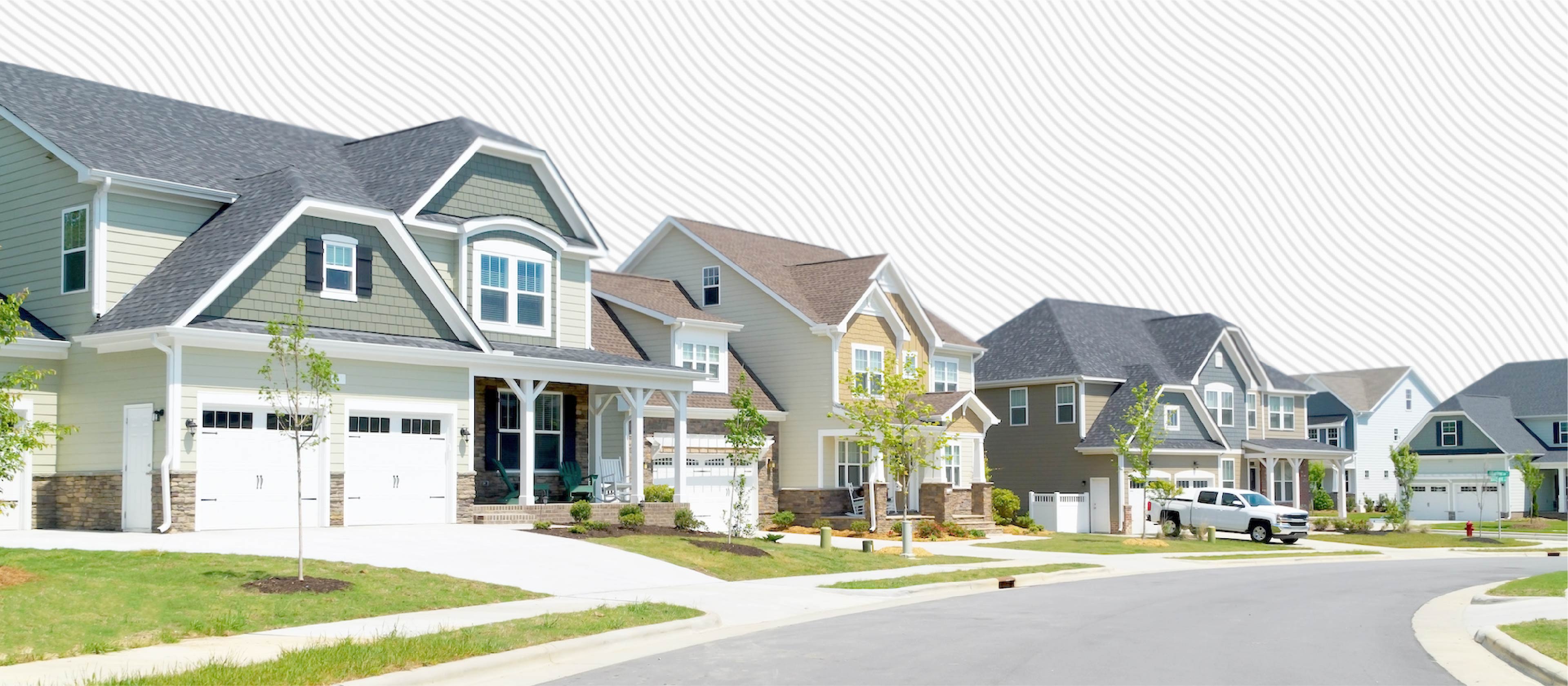The Future of Property: Trends and Opportunities to View
As the real estate landscape progresses, it becomes progressively necessary to understand the emerging fads and opportunities that will certainly define the industry in the coming years. With these characteristics at play, a closer assessment of the approaches and adjustments essential for success reveals intriguing possibilities that can reshape investment techniques and market behaviors.
Technological Advancements in Real Estate
In recent years, the actual estate field has accepted a wave of technical advancements that are changing conventional techniques. One of the most notable technologies is the surge of large information analytics, which enables real estate specialists to evaluate market fads, anticipate residential property worths, and determine financial investment possibilities with unmatched precision.
Additionally, digital reality (VR) and augmented reality (AR) technologies are changing property advertising and marketing by supplying immersive experiences for prospective purchasers and occupants. These devices permit customers to perform virtual excursions of properties, therefore streamlining the search procedure and improving consumer interaction. In addition, blockchain modern technology is gaining grip as a way to safeguard deals and keep transparent documents, therefore reducing fraudulence and accelerating the closing process.
Smart home innovations are additionally ending up being progressively common, allowing homeowners to keep an eye on and regulate their residential properties remotely (Real Estate Lockhart). Collectively, these technical developments are improving the landscape of property, fostering a more effective, transparent, and customer-centric market
Need for Lasting Qualities
As consumers significantly focus on ecological duty, the need for lasting homes has risen in the property market. This shift shows a broader social fad towards sustainability, with capitalists and property buyers seeking properties that decrease eco-friendly effect while making best use of energy effectiveness. Functions such as photovoltaic panels, energy-efficient devices, and lasting structure products are now checked out as important instead than optional.

In addition, the increase of eco-friendly neighborhoods, which focus on walkability and accessibility to public transport, additionally stresses this fad. These developments appeal to ecologically aware purchasers and advertise a much healthier way of life.
As the demand for sustainable properties continues to rise, industry stakeholders have to adapt to these expectations. By embracing ingenious methods and focusing on sustainability, the property industry can not only satisfy consumer demand but also add to a much more lasting future.
Altering Buyer Demographics

In addition, the aging population is improving demand for real estate. Baby boomers are looking for scaled down residences that supply access and low upkeep, usually favoring metropolitan setups with neighboring facilities. This change requires a concentrate on multi-generational housing solutions that fit differing requirements.
Furthermore, social variety is playing a crucial role in actual estate trends. Purchasers from different histories bring unique choices and expectations, triggering developers to create comprehensive settings that accommodate a bigger audience. As these group changes continue to evolve, realty experts should adjust their strategies to attend to the needs of these varied customers. Comprehending these transforming demographics will certainly be vital in identifying crafting and arising possibilities customized advertising techniques that resonate with the varied demands these days's market.
Rise of Remote Work Effect
Progressively, the increase of remote job is changing the real estate landscape, triggering considerable shifts in purchaser preferences and area choices. As employees appreciate the flexibility of working from home, several are reevaluating their domestic needs, leading to a rise in need for properties in suburban and country areas. This pattern is mostly driven by the desire for even more large living atmospheres that can accommodate home other workplaces and a far better lifestyle.
Furthermore, urban centers, as soon as the prime focus for customers, are experiencing a progressive decrease sought after as individuals focus on cost and access to nature. Real estate programmers and investors are changing their emphasis toward properties that use home office areas, outdoor services, and distance to crucial services.
Real estate professionals should adapt to the changing preferences of purchasers, stressing the relevance of way of living factors in their marketing approaches. The implications of remote work on real estate are extensive, forming future trends and chances.
Investment Opportunities in Emerging Markets
Investment possibilities in emerging markets are consistently attracting attention from investor looking for diversification and growth possibility. These markets, defined by fast economic growth, boosting urbanization, and a growing middle course, present distinct leads for wise capitalists. Nations in Southeast Asia, Africa, and Latin America are seeing significant framework improvements and favorable federal government policies, which further boost their allure.
Realty markets such as domestic, business, and logistics are experiencing increased need due to city movement and evolving customer preferences. Significantly, cities like Ho Chi Minh City, Nairobi, and Medellín are becoming hotspots for investment due to their broadening economies and vibrant demographics.
Financiers should perform comprehensive market analyses to determine vital patterns, such as changes in population characteristics and financial stability, which can affect building worths. Additionally, partnerships with local property companies can help with effective access and navigation in these markets.
However, it's crucial to be mindful of prospective threats, consisting of political instability and regulative challenges. By evaluating these variables and adopting a long-lasting point of view, financiers can properly take advantage of on the rewarding opportunities emerging in these developing regions.

Verdict
Finally, the future of property will certainly be considerably influenced by technological innovations, an expanding focus on sustainability, and evolving purchaser demographics. The increase of remote job is improving housing preferences, specifically in suburban areas. Emerging markets present considerable financial investment chances for stakeholders ready to adapt to these changes. Navigating this changing landscape will require tactical partnerships and an eager understanding of market dynamics to take advantage of the trends forming the industry.
As the actual estate landscape develops, it comes to be progressively necessary to comprehend the arising patterns and possibilities that will define the industry in the coming years. One of the most notable innovations is the her response increase of large data analytics, which enables real estate experts to analyze market patterns, predict property values, and determine investment chances with extraordinary accuracy.As consumers progressively prioritize environmental duty, the need for sustainable properties has risen in the actual estate market. The implications of remote job on real estate are extensive, shaping future patterns and possibilities.
Financial investment chances in arising markets are regularly drawing in focus from actual estate investors looking for diversification and growth capacity.